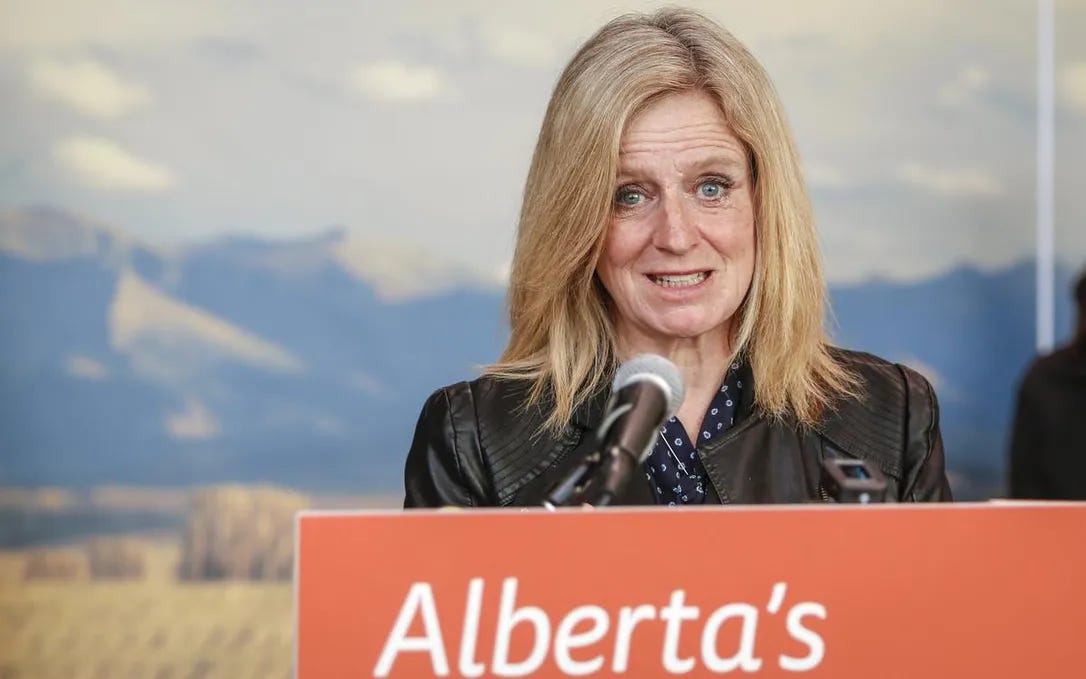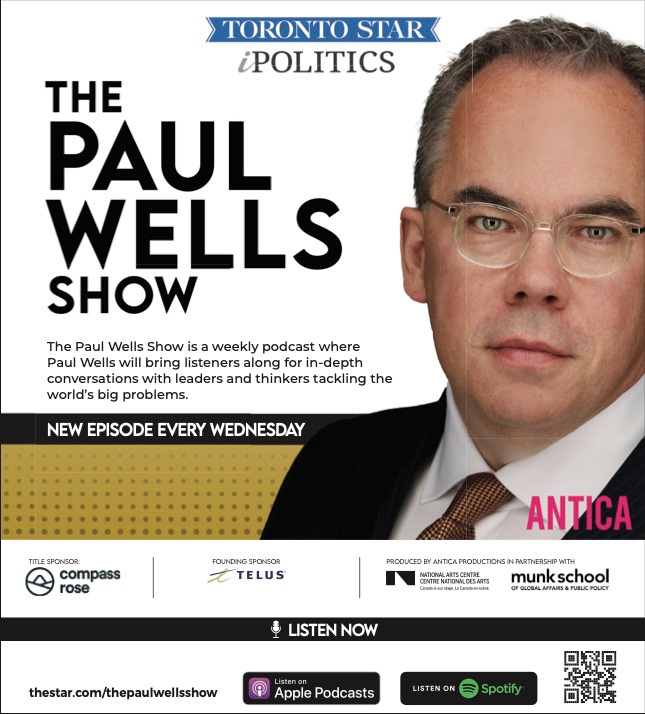Rachel Notley prepares her pitch
On the podcast: Winning once was historic. Winning again will be harder
Something Rachel Notley told me during our recent Calgary interview stuck with me. The Alberta government’s resource revenues in 2023 are roughly six times higher today than in 2016, about $20 billion now versus $3 billion then.
Notley, who was the premier in 2016, mentioned this very much in passing, as the sort of news that’s less interesting to people than straightforward answers to simple questions about how government can solve problems today. She even put on a funny little nerd voice as she trotted out these statistics. Fortunately I’m a funny little nerd, and the first thought that occurred to me was: Gee, you’d much rather be the premier of Alberta today than in 2016.
And the best way to understand Notley’s challenge as the next Alberta provincial election approaches on May 29 is this: she isn’t the premier today. Danielle Smith, who replaced Jason Kenney as United Conservative Party leader, is. So the “tsunami of cash” my former Maclean’s colleague Jason Markusoff mentions here isn’t just something for Alberta’s next premier to think about, it’s something the current premier gets to spend. As she did, with some enthusiasm, in a budget her finance minister delivered while I was in Calgary.
The recent history of provincial politics in Alberta is a history of hard times and personal quirks, and sometimes I think outsiders put more stock in the quirks than the numbers. Resource revenues were shaky under Alison Redford and their collapse reduced both Jim Prentice and Notley to single terms in the premier’s office. Those revenues have rebounded sharply. So more is possible in government.
To add to Notley’s challenge, she’s not facing a divided conservative movement in Alberta as she did the first time she won in 2015. Then, Prentice’s Progressive Conservatives and Brian Jean’s Wildrose Party won 28% and 24% of the vote respectively, a near-perfect split. Notley won comfortably with 41% of the vote and, of course, a much higher share of seats given our first-past-the-post elections.
This time, whatever else you might say about Danielle Smith’s brief tenure as premier, so far she’s holding the conservative vote and she has no serious institutional competition for that vote. Notley needs a superb campaign to win — holding Edmonton, making odd pickups in smaller cities, and winning most of the seats in Calgary, a tall order.
That’s the context. Notley was happy to talk about all of this, frank in her answers, clearly eager for an electoral confrontation that, in some ways, will be her toughest yet.
This was the fourth time I’ve interviewed Notley. We always have a good conversation. This was no exception.
I’ve also made six requests to Danielle Smith’s office for an interview, going back nearly half a year. I’ve interviewed a lot of Alberta premiers. Of course I’m happy to talk to this one any time.
Meanwhile, my interview with Rachel Notley is available here on Apple Podcasts:
And here on assorted other platforms.
The Founding Sponsor of The Paul Wells Show is Telus. Our Title Sponsor is Compass Rose. I’m grateful for the support they all provide. In Toronto, I’m the inaugural Journalist Fellow-in-Residence at the University of Toronto’s Munk School of Global Affairs and Public Policy. Our Ottawa partner is the National Arts Centre. Antica Productions handles production for the podcast. The Toronto Star and iPolitics distribute and promote The Paul Wells Show.
Thanks to all of them for their help, and to you for your attention.






Well interviewed. Props to Notley for her full-throated, forthright condemnation of Poilievre's opioid BS. Major journalists should have been there first.
You're right. This was a pitch, on Rachele Notley's part. Pretty 'softball' questions and not a lot about Rachele Notley's failures while in government.